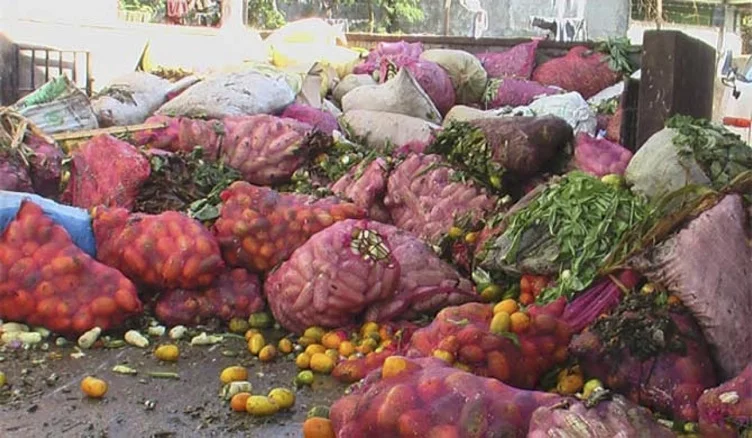The Federal Government has unveiled the Nigeria Post-harvest Systems Transformation Programme (NiPHaST), an initiative aimed at building a resilient, efficient, and inclusive post-harvest handling and storage system across the country.
The Minister of Agriculture and Food Security, Abubakar Kyari, announced the programme at the Nigeria Legacy Programme, organised by the Africa Food Systems Forum in partnership with the Alliance for a Green Revolution in Africa (AGRA) in Dakar, Senegal, saying the initiative is in line with President Bola Tinubu’s Renewed Hope Agenda, which prioritises poverty eradication, food and nutrition security, and sustainable economic growth.
According to him, NiPHaST will focus on household-level storage technologies, community warehouses, cold rooms, and strategic national silos operated through public-private partnerships and it would also strengthen the storage value chain by boosting investment in processing, preservation, packaging, marketing, and the deployment of climate-smart technologies such as metal silos and cold storage facilities.
The minister stated that “The programme is designed to unlock private sector investment, strengthen market confidence, and expand storage infrastructure across the country”.
Kyari further disclosed that Nigeria loses an estimated ₦3.5 trillion annually to post-harvest inefficiencies, a burden that falls disproportionately on smallholder farmers, stressing that NiPHaST would significantly reduce these losses while creating opportunities for agribusiness, rural development, and economic resilience.

According to the Organisation for Technology Advancement of Cold Chain in West Africa (OTACCWA), these losses have been valued at a jaw-dropping N3.5 trillion annually, saying this is more than just a financial burden, it is a crisis that affects food security, public health and economic growth, but there is hope as the answer lies in a much-needed investment in cold chain infrastructure.
Agriculture plays an essential role in Nigeria’s economy, employing millions of people and contributing to the nation’s gross domestic product (GDP). Despite the significant efforts of Nigerian farmers, the country is losing a massive portion of its agricultural produce every year. According to the OTACCWA, about 40% of harvested crops perish before they reach the market. This translates into huge losses in terms of both food and finances, and more critically, it exacerbates food insecurity for millions of Nigerians.
The President of OTACCWA, Alexander Isong, emphasises that cold chain systems are not just about preservation, saying they are key to ensuring food safety, nutritional integrity, and the overall quality of agricultural products.



